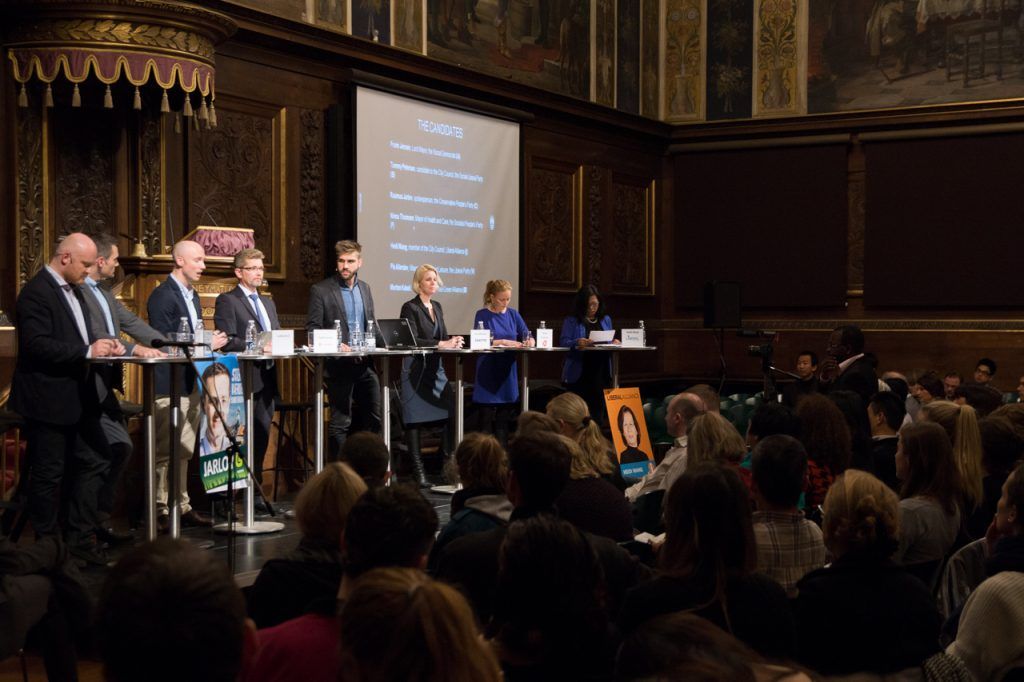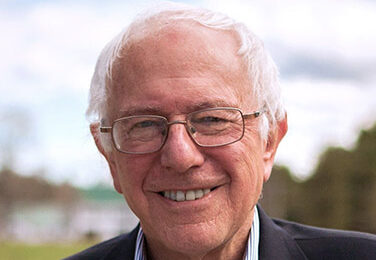You’ve tried watching your favourite sports at unholy hours in the morning, and it just hasn’t worked out for you.
And ‘soccer’ is for girls, moms and big girls’ blouses. We hear you!
That’s why you’ve ended up taking an interest in Danish politics. After all, we all need an evening or two gathered round the television rooting for our favourite team. Even if it always ends in some form of tie (coalition).
English-language evening
Danish politics needn’t be an entirely spectator sport though. On November 21, the whole of Denmark will be going to the polling booths – and that includes you, providing you are over the age of 18 and a permanent resident, or from an EU member state or country affiliated to Denmark (Iceland, Norway, Greenland, Faroes etc) who has lived here at least three years.
The municipal and regional elections present you with a chance to choose the candidates and parties who you want to make a difference in the part of the country that matters to you most: your backyard.
24 percent of the population
The latest available figures show that only 76 percent of Copenhageners are Danes, and this is a number that continues to fall. Meanwhile, an increasing number of internationals, such as Keith Gray in Copenhagen, are standing for election.
The votes of international residents will play a critical and possibly decisive role in determining the makeup of the municipal and regional councils.
This event gives the competing parties an excellent platform to present their credentials. A similar event preceding the last municipal and regional elections in 2013 at the University of Copenhagen attracted a crowd of over 350 people.
READ MORE: Copenhagen Municipality urged to address Brexit fears
A good place to start
The event is not only an good opportunity to acquaint yourself with the various parties and how they (marginally) differ from one another, but also a chance to gather all the necessary information to ensure you do get to vote.
“It’s our experience that international citizens are unaware they have the right to vote,” explained one of the organisers, Thomas Jakobsen, the head of Kultur- og Fritidsforvaltningen, the city’s culture and leisure administration.
“We would like to change that, and we are pleased the parties are backing the event. It is our experience that the target group would like to engage, take an active role in society and contribute positively to the development of the city and the region – and this is an obvious place to start.”
Nine politicians, three hours and you
The event will begin with an introduction and overview of politics in Denmark and its electoral process by Kasper Møller Hansen, a professor at the University of Copenhagen, and then be followed by presentations from nine politicians, who will have two minutes to present their party and platform.
The politicians taking part are: Simon Strange (Socialdemokratiet), Tommy Petersen (Radikale), Helle Bonnesen (Konservative), Anna Overlund (Socialistisk Folkeparti), Alex Vanopslagh (Liberal Alliance), Cheannie Nielsen (Dansk Folkeparti), Cecilia Lonning-Skovgaard (Venstre) and Gorm Gunnarsen (Enhedslisten).
Following the presentations, the moderator will accept questions from the audience. In total, three hours has been scheduled for the event.
















